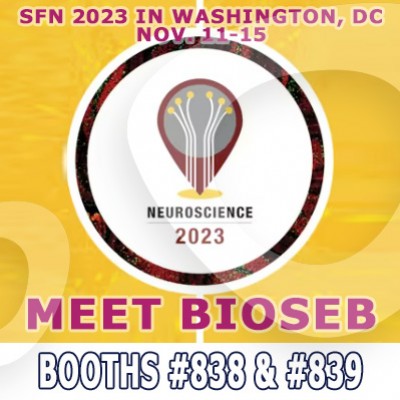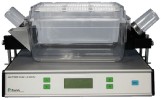Authors
A. Martin Agnoux, M. C. Alexandre-Gouabau, G. Le Dréan, J. P. Antignac, P. Parnet
Lab
Université de Nantes, Nantes, France
Journal
Acta Physiologica
Abstract
Aim
The aim of this study was to assess the contribution of both foetal and/or post-natal nutritional periods on feeding regulation in adult rats.Methods
Body weight gain, adipose tissue development, food preferences and feeding pattern under regular chow or Western diets were characterized on four experimental groups of rats: pups born from protein-restricted dams (R) and weaned by control (RC) or R dams (RR) and pups born from control dams weaned by C (CC) or R dams (CR).Results
Rats born with intrauterine growth restriction (IUGR) and fed a Western diet at adulthood appeared predisposed to body weight gain and more fat accretion, whereas CR rats, despite their preference for high-fat diet and their hyperphagia for Western diet, did not show significant increase in fat tissue. Daytime food intakes, as well as their speed of ingestion, were found modified in RC and RR. Alterations in the hypothalamic appetite regulatory mechanisms were investigated through neuropeptide expression analysis. IUGR rats showed altered expression of key elements of leptin and NPY signalling, while CR rats exhibited lesser expression of enterostatin, MC4r and HT-1Br mRNA.Conclusion
Altogether, these results indicate that peri-natal nutrition has different lasting effects on feeding pattern and hypothalamic appetite regulation, depending on the time window insult.
BIOSEB Instruments Used:
PheComp Platform (Multitake)

 Pain - Thermal Allodynia / Hyperalgesia
Pain - Thermal Allodynia / Hyperalgesia Pain - Spontaneous Pain - Postural Deficit
Pain - Spontaneous Pain - Postural Deficit Pain - Mechanical Allodynia / Hyperalgesia
Pain - Mechanical Allodynia / Hyperalgesia Learning/Memory - Attention - Addiction
Learning/Memory - Attention - Addiction Physiology & Respiratory Research
Physiology & Respiratory Research
 Pain
Pain Metabolism
Metabolism Motor control
Motor control Neurodegeneration
Neurodegeneration Cross-disciplinary subjects
Cross-disciplinary subjects Muscular system
Muscular system General activity
General activity Mood Disorders
Mood Disorders Other disorders
Other disorders Joints
Joints Central Nervous System (CNS)
Central Nervous System (CNS) Sensory system
Sensory system
